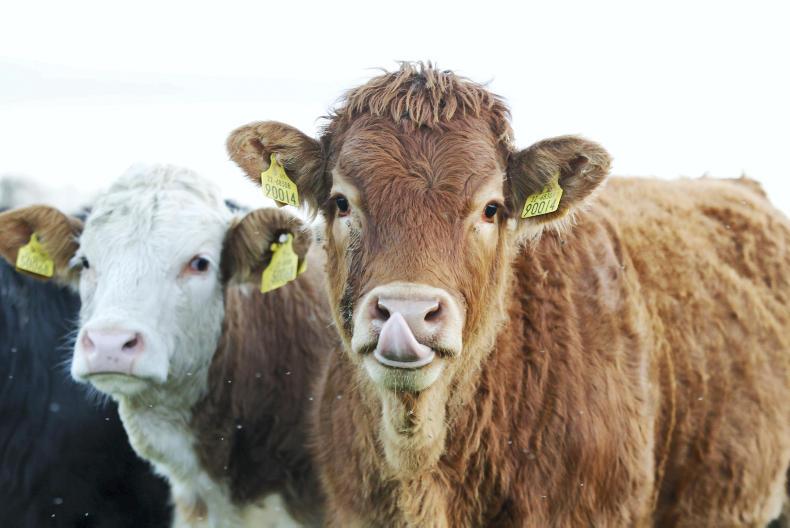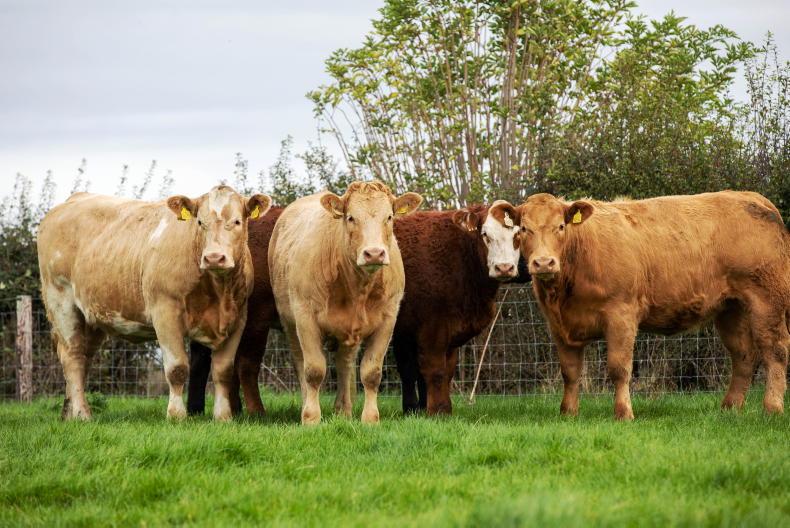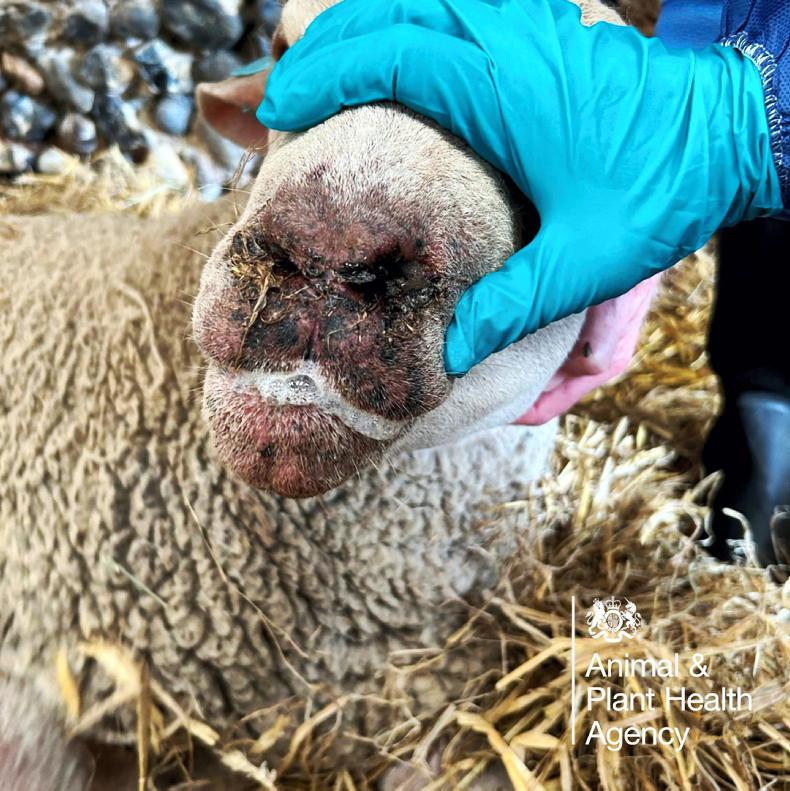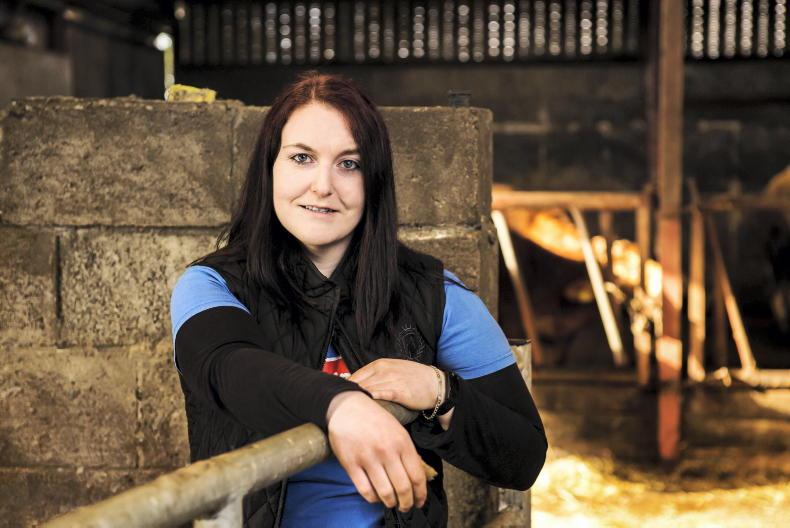Silage fertiliser
I was speaking to a few farmers this week who still haven’t got fertiliser out on silage fields. The problem is twofold – ground conditions and cash. A lot of money has been spent on silage and meal this spring and credit is running out with many merchants.
Arrange an appointment with your bank to see if some short-term funding can be sorted (see page 24 for advice from the main lenders). Paying local contractors, vets and feed merchants is very important for the smooth running of the business and it’s better to seek some additional funding from a bank than let bills pile up.
Your number one priority should be to get fertiliser out on silage fields as soon as possible. May is the month when these fields will grow the most so it’s important that sufficient nutrients are applied to ensure good growth. Make a plan to cut all non-priority spending on the farm this year. Make a list of your sales for the rest of the year, including BPS, ANC, GLAS and BDGP payments. See what the deficit is and go and talk to your bank or credit union.
Redwater
I have heard of cases of redwater over the past week on wetter farms. The risk period is highest during the summer months when the ticks are most active but it can occur any time, so it’s important to be vigilant for signs of this disease.
Wet weather conditions mean animals look for shelter in rougher areas of a farm and pick up ticks easily. Bought-in cattle are more prone to redwater because these cattle may not have built up immunity as younger cattle on the farm they have come from. Ticks are more likely to be present in land with scrub, rushes and gorse as these are ideal habitats for ticks.
Use homebred stock to graze these areas if you can. Herd stock regularly and look out for symptoms like red urine, dulless or no appetite, high temperatures, weakness, anaemia, and animals standing away from the herd. Veterinary advice should be sought in suspected cases. Animals can be injected with Imizol to prevent and treat redwater. Animals grazing rough areas of the farm should also be treated with an avermectin-based pour-on to help control ticks.
Tullamore Farm breeding heifer sale
Tullamore Farm has its first draft of 2017-born heifers for sale in Tullamore Mart next Monday, 7 May at 3.30pm. The sale includes 48 high replacement index heifers bred on the farm in 2017. The average replacement index of the group is €108 (five stars) which puts the group in the top 20% in the country in terms of genetic indexes.
The heifers have all been scanned not in-calf and suitable for breeding and vaccinated for BVD and lepto. The heifers have also been handled regularly and are quite docile. They are predominantly Limousin with some Simmental, Angus and Hereford heifers included. See page 44 for more details.









SHARING OPTIONS